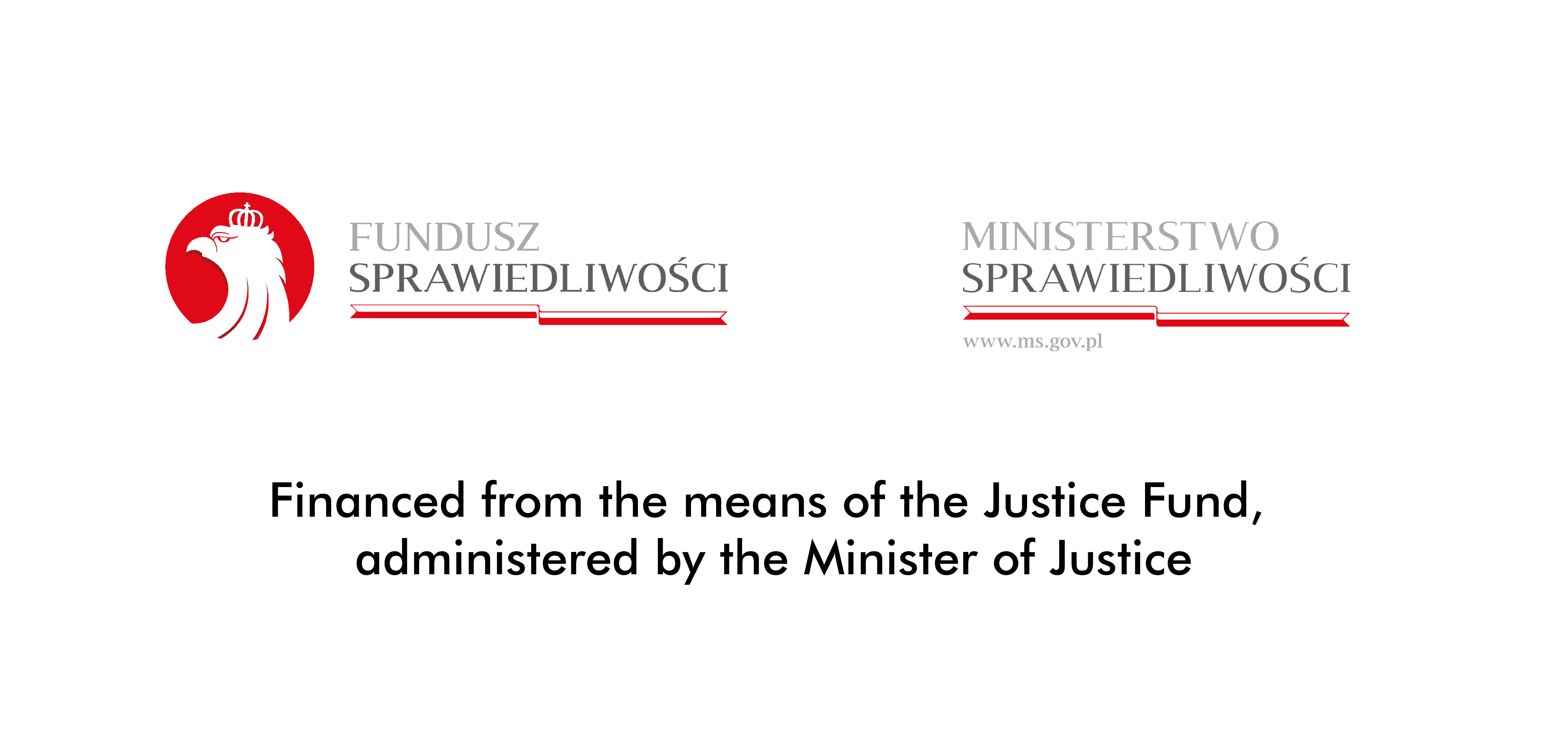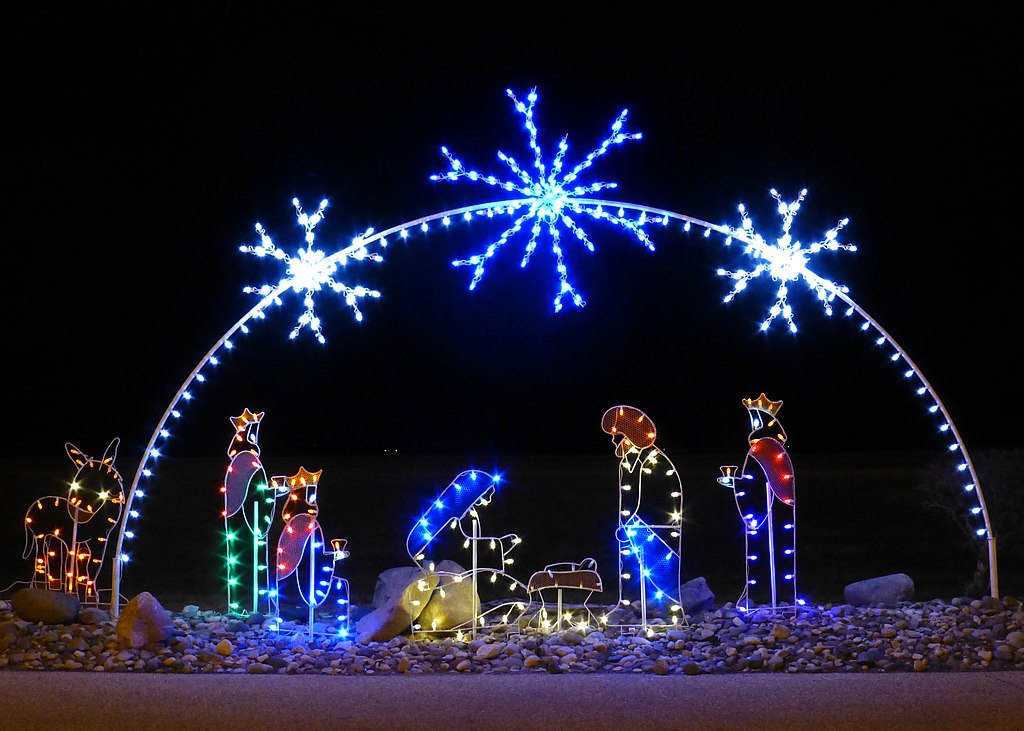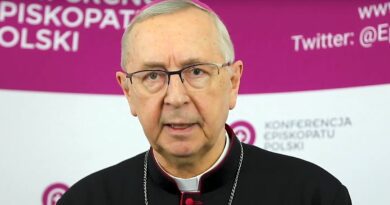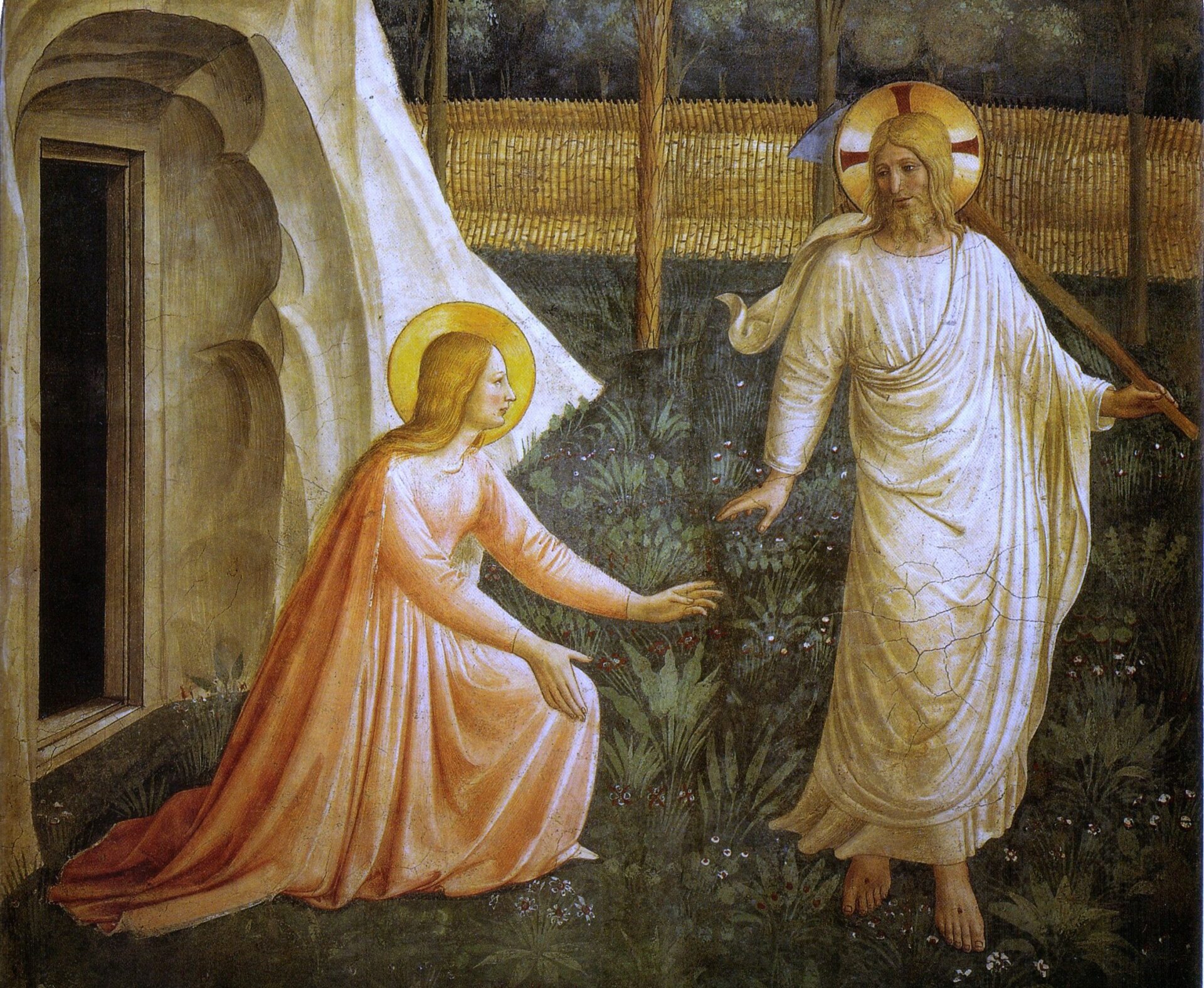10 difficult years. A brief balance sheet of Pope Francis’ pontificate
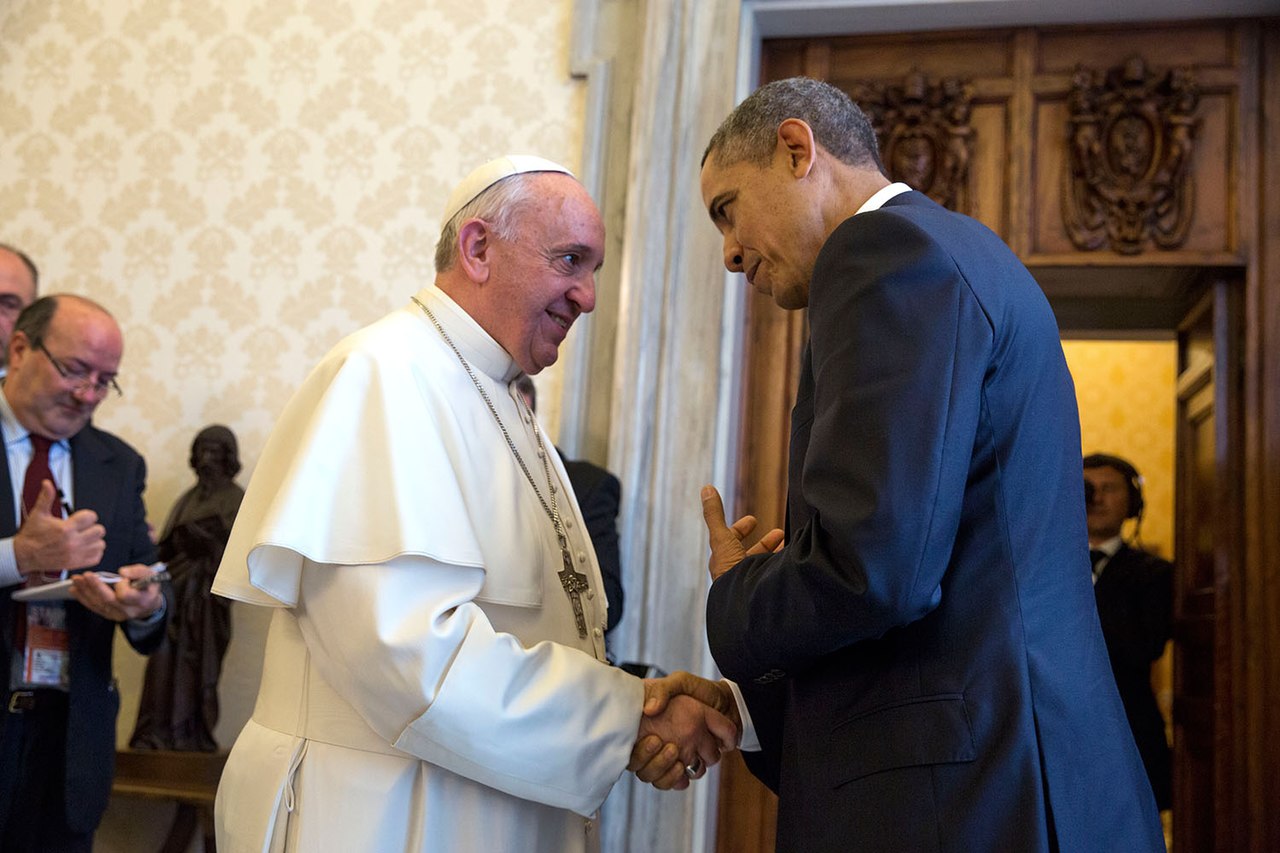
The period of Pope Francis’ already 10-year pontificate is one of the most turbulent in the entire history of the Church, and in terms of the scale of doctrinal challenges posed by the Holy Father himself – it is absolutely unprecedented. Here is a brief balance sheet of Francis’ pontificate.
by Paweł Chmielewski
In a brief text such as this one, it hardly possible to describe all of the changes introduced or initiated by Pope Francis in the Church. One can only mention some of the most influential ones. As early as November 2013, Pope Bergoglio, in his programmatic encyclical Evangelii gaudium, outlined some astonishing plans, among which decentralization was prominent. The idea was to give bishops in individual countries more freedom of action, including in the area of doctrine. During the ensuing years, it turned out that this freedom mainly concerned those who wanted to move away from traditional teaching in favor of a kind of religious liberalism.
Divorcees in new relationships
This was shown in the course of the two synods on the family that the Pope convened in 2014 and 2015. The main topic of the bishops’ assemblies in Rome became the idea, which had been raised for many years by progressive cardinals from Europe, especially Germany, of giving Holy Communion to divorcees in remarriages. Despite fierce criticism from circles reminiscent of the teachings of previous popes, Francis included some minor passages in the 2016 post-synodal document Amoris laetitia that opened the door for local episcopates to change sacramental practice for divorced persons. The papal authorization, expressed rather vaguely mainly in a footnote, has been used by bishops in many dioceses around the world, including Germany and Italy, but also in Malta, the Philippines, and Argentina.
The role of human conscience
The exhortation Amoris laetitia contained an even additional “charge” of revolution. Francis devoted several of its chapters to the issue of understanding human conscience. It was about moral decision-making in the face of the existence of God’s laws. The Pope proposed that Catholics in practice should use their own judgment in a certain independence from these laws, applying so-called situational ethics. Many theologians have pointed out that this kind of approach is incompatible with the Church’s earlier teaching, as expressed, for example, by St. John Paul II in his encyclical Veritatis splendor. Pope Francis was asked about the proper understanding of his document by four cardinals, Raymond Burke, Carlo Caffarra, Joachim Meisner, and Walter Brandmüller. They wanted to know the Holy Father’s understanding of the issue of divorcees’ access to Holy Communion and how he viewed the role of human conscience. The Pope never responded to their inquiries. Meanwhile, the liberal-minded bishops drew logical consequences from the theological proposals contained in Amoris laetitia.
In 2018, after lengthy discussions both within the national episcopate and at the Vatican, a landmark decision was made by the bishops of Germany. Most of them decided to agree to allow some Protestants to receive Holy Communion, contrary to tradition and Church law. They justified this with the relevant passages of Amoris laetitia; after a visit to the Vatican by the then president of the German bishops, Cardinal Reinhard Marx, they managed to get the personal support of the Pope himself for this solution. In 2022, on the other hand, the Flemish bishops of Belgium, referring elsewhere to Amoris laetitia, introduced the liturgical blessing of same-sex couples. These are just two examples of the application of Francis’ exhortation that no one expected when it was published.
Interreligious “dialogue”
Another key area of the Pope’s activity is interreligious dialogue. Pope Francis seems to see in cooperation with followers of other religions one of the keys to building a new society that is more just and peaceful. In 2020 he published the encyclical Fratelli tutti, which he addressed not to Catholics, but to all people of “good will”; in it he quoted non-Christians profusely, referring in particular to the Grand Imam of Al-Azhar University in Cairo, Ahmad al-Tayyeb. It was with him that a year earlier he had signed the widely publicized “Document on Human Brotherhood” in Abu Dhabi, which stated that, “Pluralism and diversity of religion, skin color, gender, race, and language are an expression of the wise divine will with which God created human beings.:
The Pope himself later admitted in a conversation with the auxiliary bishop of Astana, Kazakhstan, Athanasius Schneider, that the phrase could be interpreted inconsistently with Church teaching. He did not correct it, however, and the “Document..” became the ideological basis for a number of subsequent Vatican initiatives (as late as 2022, an interreligious convention in Kazakhstan’s Astana adopted a slightly less controversial formula than that of Abu Zhabi). One of the fruits of the 2019 “Document” is the construction of three temples on a common foundation just in Abu Zhabi: a Catholic church, a synagogue and a mosque. The project is called the “Abrahamic Family House” and raises obvious objections in terms of religious relativism.
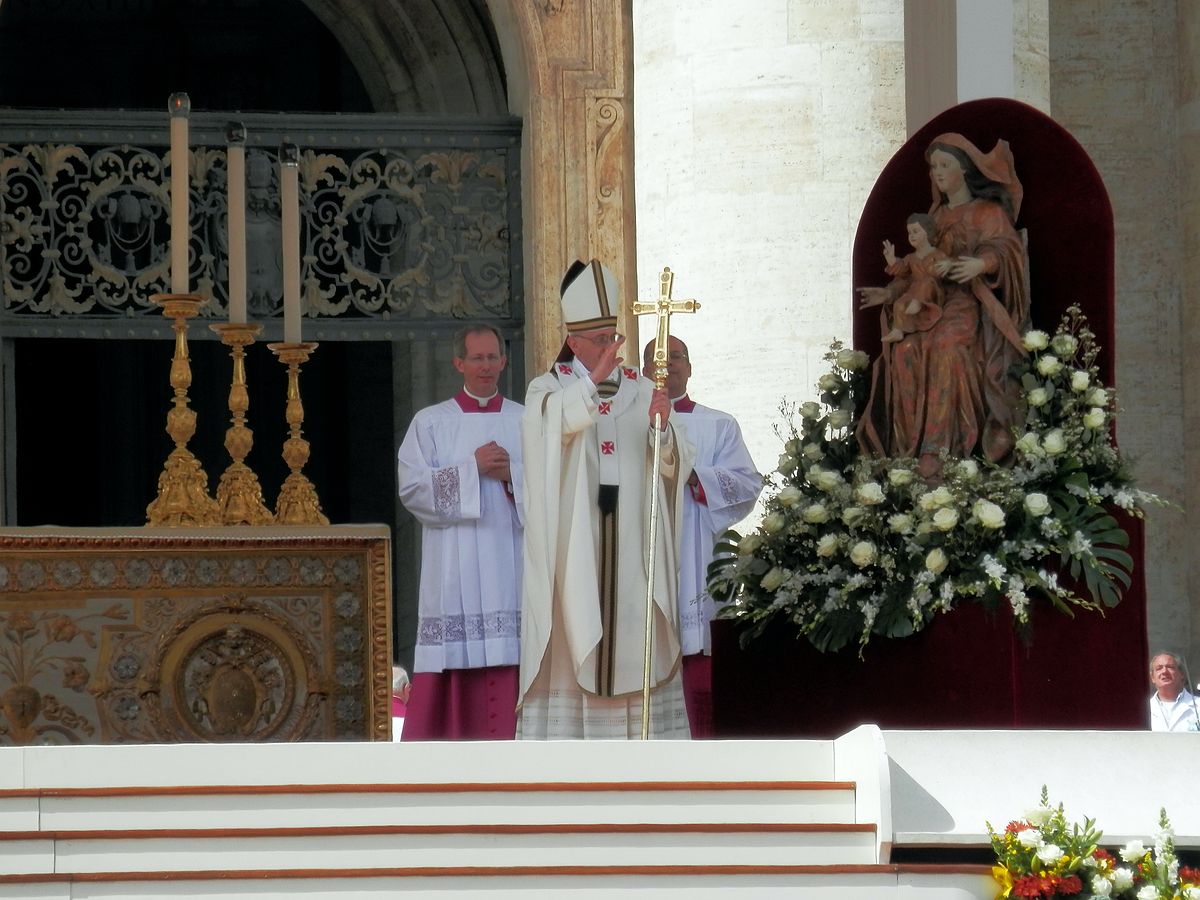
In addition, on several occasions, the Holy Father made videos with dialogical messages, in which he suggested that followers of all religions were working toward the same goal, achieved through expressions of love of neighbor. This relativistic course reached its pinnacle during the Amazon Synod, when in the Vatican Gardens the Pope passively observed Indian rituals in honor of the goddess Pachamama. Her statue was also carried in procession through the streets of Rome and placed in Roman churches. When outraged Catholics threw her into the Tiber River, the Holy Father apologized for this act. In official communiqués, the Vatican suggested that Pachamama was an Indian type of the Mother of God; however, religious scholars pointed out that it was actually an entirely pagan and blood-sacrifice-free cult.
Globalism
From the beginning of his pontificate, the Pope has also shown that he is interested in working closely with secular actors in the international arena. This would include supporting such global initiatives as fighting poverty, economic exploitation, climate warming, and mass migration. In 2015, he promulgated the environmental encyclical Laudato si’, which drew widespread applause from the global left; a few years later, he also met fleetingly with Swedish radical “environmental” activist Greta Thunberg, the Vatican describing her as a “great witness” to Church teaching on ecology. The Holy See has also become actively involved in the restrictive policy against Covid-19, imposing extremely stringent restrictions within the Vatican City State. Interestingly, the vaccine coercion policy, which was imposed on Vatican employees, was directly inconsistent with Church teaching on the subject, in addition to being updated by Rome’s most important doctrinal office months before its introduction. At the Vatican’s request, bishops and priests around the world encouraged the faithful to be vaccinated, rarely or not at all differentiating between the available preparations, despite their greater or lesser links to abortion. Other initiatives with globalist overtones that have taken the public by surprise include the initiation of cooperation with the UN in the implementation of the 2030 Agenda for Sustainable Development; among the Agenda’s goals is the promotion of so-called reproductive and sexual health, under which abortion and contraception are covered, as well as gender ideology. Meanwhile, the Agenda has become one of the cornerstones of the World Youth Day scheduled for 2023 in Lisbon.
Immigration
European public opinion was also shaken by the Holy Father’s words spoken during the great refugee crisis of 2015. The continental left interpreted them as a call for wide-open borders, to the consternation of conservative and right-wing formations, pointing out the need for concern for the welfare and security of citizens already living in European countries. Interestingly, although the European Union’s policies changed significantly after the crisis was averted, the Holy See was also able to strike old tones years later. For example, when the intense attacks on the Polish border by migrants proxied by Minsk and Moscow were underway in 2021, high-ranking papal diplomat Archbishop Paul Gallagher, at a joint conference with Russian Foreign Ministry chief Sergey Lavrov, criticized Poland for its policy of rejecting so-called refugees.
Policy toward authoritarian regimes
In the case described above, however, the Vatican’s diplomatic stance may have another explanation: since February 2022, the Pope has been drawing regular harsh criticism from media across the Western world for his extremely ambivalent assessments of the war in Ukraine and his stance, which has repeatedly indicated sympathy and understanding toward Russian policy, shifting the burden of responsibility for the outbreak of the conflict to NATO. This causes particular distaste among Ukrainians themselves, who expect a clearer condemnation of Russian crimes committed against their people.
The Holy See has also been criticized for its policy toward Communist China. The Secretariat of State, under the direction of Cardinal Pietro Parolin, worked out a secret agreement between the Vatican and Beijing, signed in 2018 and regularly renewed since then. The agreement is aimed at merging the official and communist-controlled Catholic structures with the underground Church, which has resisted terror and persecution for decades. The price for signing the accords includes the Holy See’s silence in the face of China’s crimes against the Uighurs, violations of freedom of conscience, or the persecution of one of its cardinals, retired Hong Kong Bishop Joseph Zen.
Attitude toward abortion in the US
Catholics were further surprised by Pope Francis’ policy toward US President Joe Biden. One of the Democrat’s first decisions after taking office was to restore federal funding for abortion organizations operating outside the US. Biden has on a number of occasions declared his strong support for legal abortion, especially around disputes over the Supreme Court ruling overturning the 1973 pro-abortion ruling in Roe v. Wade. Contrary to the position of much of the US Episcopate, which wanted to openly criticize this course of Joe Biden and his party, which is incompatible with Church teaching, the Holy See preferred to take a more conciliatory line. The Pope himself hosted both Biden and pro-abortion Speaker of the House of Representatives Nancy Pelosi at the Vatican. Both took Holy Communion in Rome, contrary to the position taken by many American bishops, incidentally, reinforcing a letter sent by Cardinal Joseph Ratzinger (later Benedict XVI) to Cardinal Theodore McCarrick in 2004.
On the issue of abortion, Francis’ pontificate resulted in further surprises. In 2016, the Pope approved new statutes for the Pontifical Academy for Life, an institution established by St. John Paul II to defend and promote Catholic teaching on bioethical issues, removing the requirement that its members fully accept Church teaching on the protection of human life. Francis also completely replaced its composition. Under the direction of the Academy’s new head, Archbishop Vincenzo Paglia, a number of people who have questioned Church teaching on both abortion and contraception have been appointed over the years.
Mass
The Holy Father has also caused great commotion with his approach to the Latin liturgical tradition. Back in 2013 alone, he “pacified” the congregation of the Franciscan Friars of the Immaculate, which celebrated Mass in the pre-Vatican II rite. Later, the Pope repeatedly spoke critically of Catholics attending such Masses, finally promulgating the motu proprio Traditionis custodes in 2021. With this document, the Holy Father reversed the decrees of his predecessor, the still-living Benedict XVI, radically restricting the possibility of celebrating Mass in the ancient rite. The decision was widely recognized as authoritarian. Particularly striking was the fact that the restrictions imposed on the Tridentine Mass coincided with the Pope’s announcement of the Synod on Synodality. In the synodal process, which began in 2021, the Church would learn to listen to the voice of the faithful and those who are on the margins of the Church or outside it altogether. Critics have pointed out that the Holy Father himself, however, has not listened to the voice of hundreds of thousands of Catholics who wish to offer the Holy Sacrifice in accordance with the Church’s centuries-old Latin tradition.
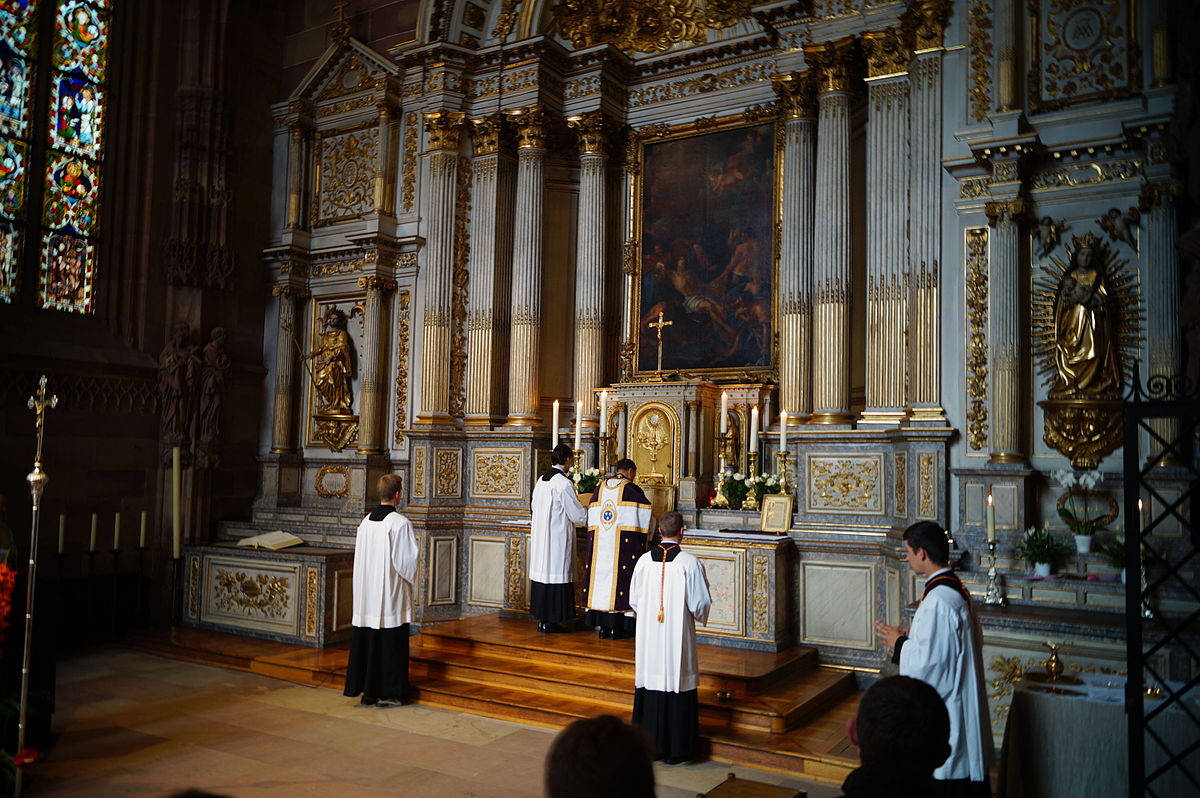
Attitude toward Germany
A surprising silence from the Holy See has accompanied the excesses of the Catholic Church in Germany during Francis’ pontificate. When the Pope published the exhortation Amoris laetitia in 2016, it included solutions for the years to come only proposed by bishops from German-speaking countries. The Holy Father, in turn, entrusted the organization of the Amazon Synod largely to the German-speaking community from Latin America. All this prompted accusations of undue influence by this group during Francis’ pontificate. These voices intensified when, in 2021, the Holy Father entrusted one of the two key positions at the Synod on Synodality to the German-speaking Archbishop of Luxembourg, Cardinal Jean-Claude Hollerich. In Germany alone, there have been a number of speeches and initiatives during Francis’ pontificate that have been detrimental to Church teaching, especially in the areas of gender ideology and LGBT issues. Although the Roman Curia has issued critical documents on several occasions, no consequences have ever been drawn against a single German-speaking bishop, despite their overt support for, for example, the blessing of same-sex couples. According to many commentators, with its conciliatory policy, the Vatican has simply allowed a de facto schismatic movement to develop freely, which could lead to very serious perturbations, undermining the unity of the Catholic faith worldwide.
The lighter side of the coin
One can also point to a number of Francis’ moves that are universally well regarded. In December 2020, the Pope established the Year of St. Joseph, reminding the universal Church of this figure, important in a time of widespread crisis of masculinity. In 2022, the Holy Father proclaimed St. Irenaeus of Lyons, author of prominent anti-heretical treatises from the second century after Christ, a Doctor of the Church. Following the outbreak of war in Ukraine, the Pope consecrated Russia and Ukraine to the Immaculate Heart of Mary, thus fulfilling the content of the request from the Third Secret of Fatima, which many Marian circles in the Church had asked previous popes to do without success. In 2016, in turn, the Pope agreed to the publication of a document by the Congregation for the Clergy reiterating the ban on admitting homosexuals to seminaries (another matter is that this provision remains dead in many countries). In 2019, Francis promulgated the motu proprio Vos estis lux mundi imposing stricter restrictions on bishops than before on reporting cases of clerical pedophilia.
A time of chaos
All these good or potentially good measures are unfortunately drowning in a sea of questionable or outright scandalous actions. And many of them, after all, were not listed here. This, for example, concerns the simplification of the procedure for declaring a marriage invalid, which can provoke rash decisions by Church courts; it is the many gestures in favor of the LGBT movement, suggesting that such people need not change anything in their lives; it is the change in the way future cardinals are chosen, completely ignoring entrenched customs and traditions; it’s the reform of the Roman Curia, which many believe has introduced more confusion than order; it’s the highly controversial changes to the Catechism regarding the death penalty and the undermining of the Catholic theory of just war; and finally, it’s the synodal process, which began abruptly in 2021, the ultimate consequences of which cannot yet be predicted. All in all, the period of Pope Francis’ pontificate is one of the most tumultuous in the entire history of the Church, and in terms of the scale of doctrinal challenges posed by the Holy Father himself – it is absolutely unprecedented.
The author is a journalist and columnist for the PCh24.pl portal
